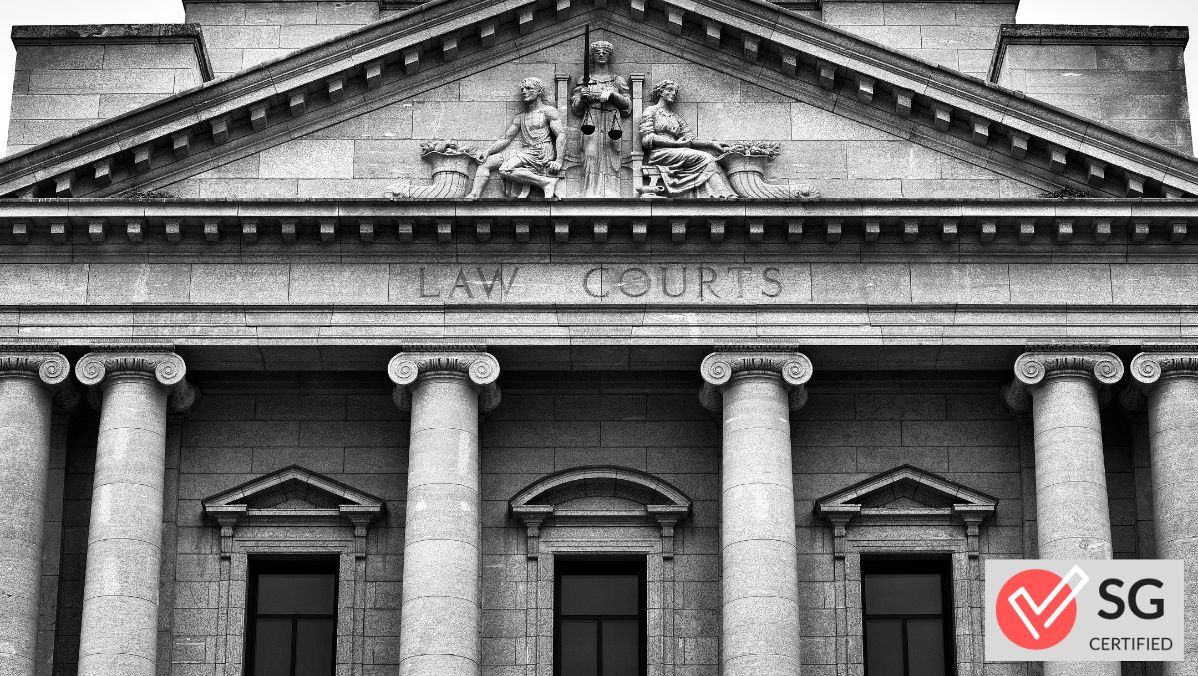Belgium to ban gambling ads from July 1

Belgium to ban gambling ads from July 1
Belgium Bans Gambling Advertising to Curb Addiction and Debt
Belgium is set to ban gambling advertisements on most platforms from July 1, 2023. The country is seeking to reduce gambling addiction and related debts by cracking down on gambling ads across TV, radio, cinemas, newspapers, magazines, public spaces, social media, and websites. Moreover, a further ban on advertisements in stadiums will be implemented from January 1, 2025, and gambling firms will no longer be able to sponsor professional sports clubs from January 1, 2028.
According to Justice Minister Vincent Van Quickenborne, gambling advertisements have negative impacts on society, and the ban is necessary to address this issue. This latest measure follows limits on gambling in newsagents and the maximum amount that can be spent on online gambling games in 2022.
The long-awaited rigorous restrictions on gambling advertising in Belgium will take effect from 1 July this year as part of ongoing efforts to crack down on addiction and debt.
The Ban
A Royal Decree sharply restricting gambling advertising in Belgium was signed by King Philippe and published in the Belgian Official Gazette on Wednesday, Justice Minister Vincent Van Quickenborne confirmed in a press statement.
"The decision is now clear: gambling advertising will be seriously restricted from 1 July 2023. This is necessary to combat the normalization and trivialization of gambling," he noted. "The strict rules will have an immediate impact."
He explained that, as was the case when a ban on tobacco advertising was introduced, a transition period will "allow the sector to adapt to the new reality."
'Tsunami of advertising'
Belgium's crackdown started by imposing limits on gambling in newsagents at the start of 2022. Later that year, a limit was placed on the maximum amount that could be spent on online gambling games. However, the latest measure is the most far-reaching and will see the main forms of gambling advertising banned on various platforms, from TV, radio, and cinemas to magazines and newspapers.
Advertising on websites and social media platforms will also be prohibited, as well as posters in public spaces. Van Quickenborne explained that "Strict ethical and formal rules have been laid down."
The government argued that the ban, which received criticism when first announced – some even warned that it would be the "end of football" – follows scientific reports that highlight the role played by advertisements in encouraging gambling addictions and crippling debts.
"The government is deeply concerned about the huge amounts of gambling advertising that society faces. And for those who want to escape their gambling addiction, the tsunami of advertising is an additional problem," Van Quickenborne noted.
Ban to be Extended
Though the rules will significantly limit the dissemination of gambling advertising in the public sphere, those who actively seek information about gambling may still be confronted with related advertising.
From 1 January 2025, all gambling advertising will be banned from stadiums and from 1 January 2028, sponsorship of sports clubs by gambling companies will also be restricted. This transition period has been included to "respect ongoing contracts."
The ban will mainly focus on professional sports clubs and less so on amateur sports clubs. "After all, professional sports clubs have much higher visibility, their players are role models for minors and these clubs also sell shirts as merchandising."
Van Quickenborne also referred to the European ruling that allows Dutch casinos close to the Belgian border to advertise in Belgium as well. "To be clear: this in no way affects the introduction of these rules. On the contrary," he noted, explaining that the rules will apply to domestic and foreign casinos.
The Rationale for the Ban
The Belgian government's decision to ban most forms of gambling advertising comes in response to concerns over the growing prevalence of gambling addiction and related debts.
According to Justice Minister Vincent Van Quickenborne
Category
Other Blogs

March 07, 2023
Eye-Tracking Technology and Understanding the Human Element of Cybersecurity

February 26, 2023
Gambling in Disguise: The Monetisation Crisis of Loot Boxes

February 23, 2023
New Ideas From Behavioural Science

February 02, 2023
Collaborating towards better impact

May 30, 2025
G4 Partners with SGcertified to Strengthen Auditing Services in Responsible Gambling

May 16, 2025
Nueva reglamentación publicitaria en España

January 20, 2025
The Importance of Accreditation with Lottopar

January 16, 2025
Insights on Anti-Money Laundering (AML) and the Didier Reynders case


